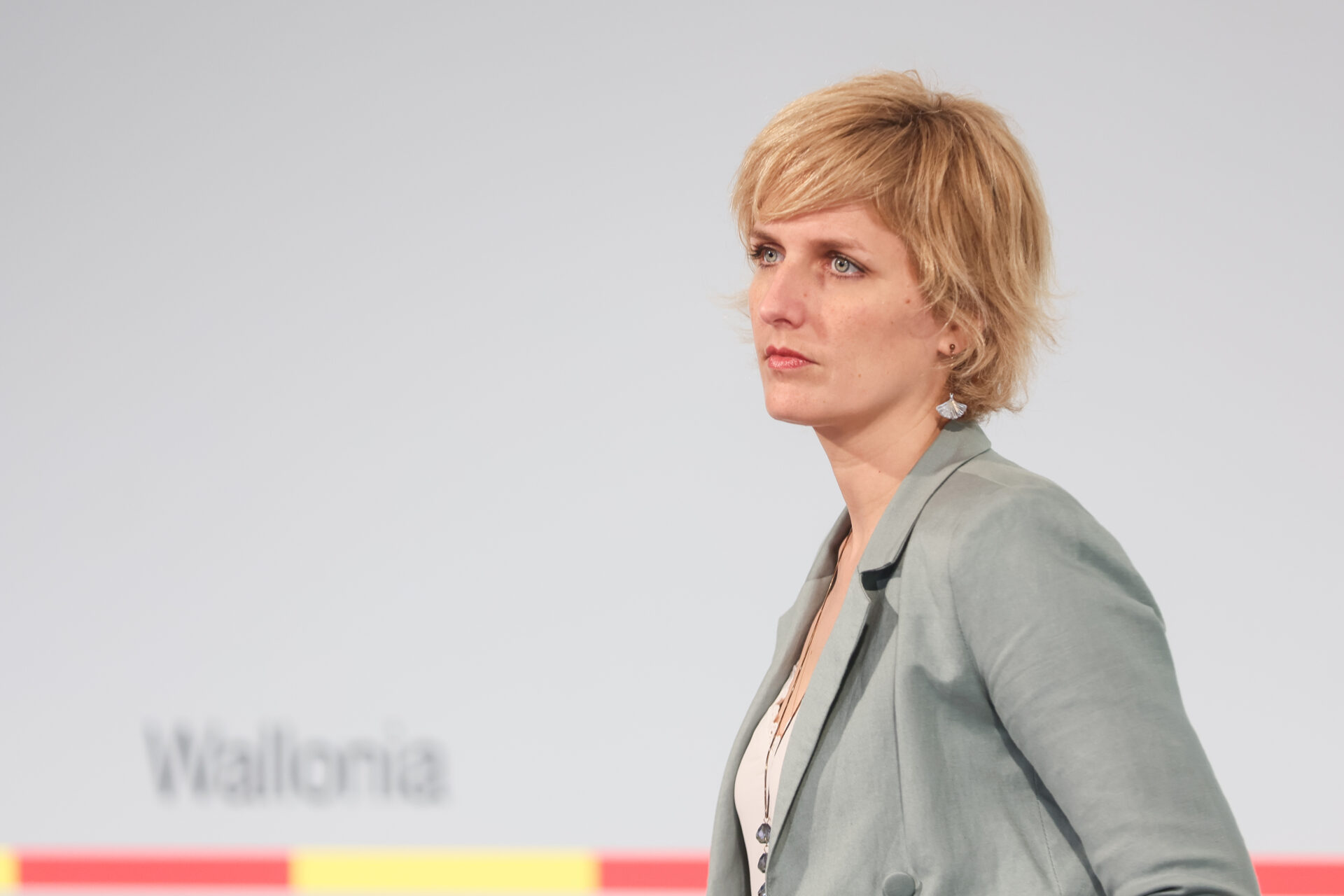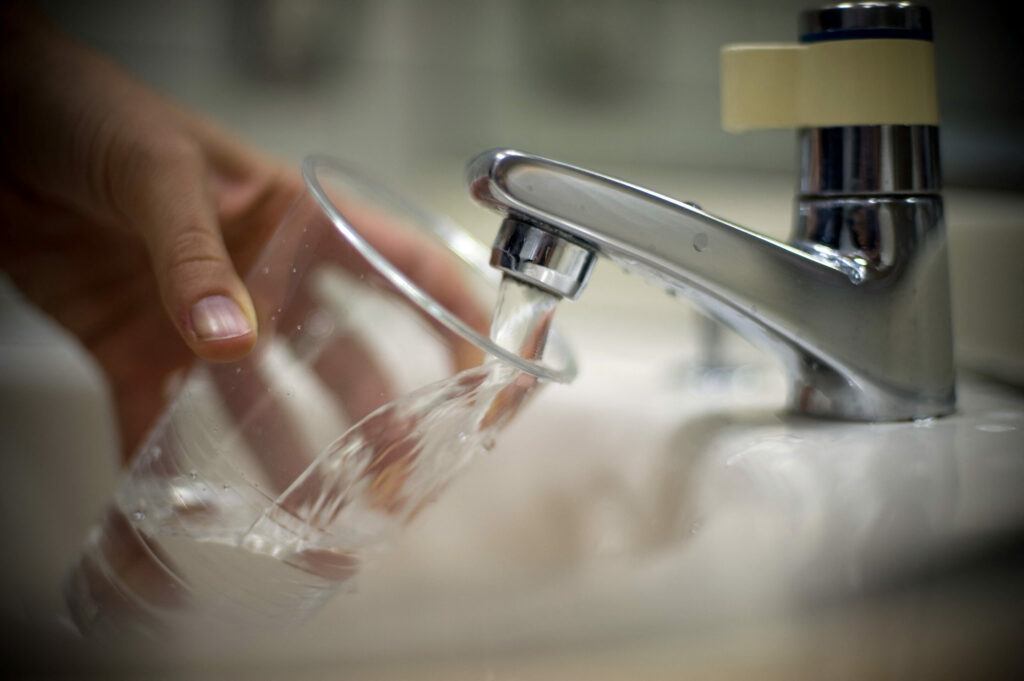28.8% of Chièvres residents have tested positive for high levels of PFAS. Chièvres was at the epicentre of the PFAS scandal that engulfed Wallonia last year.
Polyfluoroalkyl substances (PFAS) are man-made "forever chemicals" that do not break down in the environment. They are present in waterproof clothing, non-stick frying pans, food packaging, carpets, cosmetics and fire extinguishing foam.
Between October 2021 and March 2023, high levels of PFAS were detected in tap water in several Walloon areas, and on Tuesday, residents of Chièvres received results that informed them of the extent to which they had been affected.
The Scientific Institute of Public Service (ISSeP) collected 1,836 sample tests in the Chièvres area (15% of the concerned population) and 152 in Ronquières (10% of the population). The results reveal that participants exhibited higher exposure levels to PFAS when compared to the general public, with 28.8% in Chièvres exceeding the health threshold of 20 micrograms per litre (3.9% in Ronquières).
Communication criticised
The study's chosen method of conveying test results is viewed as being far too complex. "Citizens receive an SMS with a code and an email link leading to a platform where they must enter their code to access their results," SOS Our Health spokesperson Geoffrey Pessemier told Belga News Agency.
He added that some text messages end up in spam and that participants were contractually obliged not to reveal their results before the official press conference took place on Wednesday.

Walloon Minister for the Environment Céline Tellier (Ecolo). Credit: Bruno Fahy/Belga.
The method has been strongly criticised. MP François Desquesnes (Les Engagés) says it is "regrettable" that results took so long to come out, since the information relayed has barely changed since April when the tests were taken. Desquesnes says the recommendations are vague: "Those with high results are simply advised to see their doctor."
However, both Walloon Minister for the Environment Céline Tellier (Ecolo) and ISSeP have defended the time taken to publish results. "It is not an emergency," ISSeP project manager Ingrid Ruthy told Belga News Agency. "There is no need to rush to a doctor, but it is recommended to make an appointment in the coming weeks to monitor possible warning signs."
Tellier presented the figures to the newly formed Walloon Parliament on Tuesday. The minister has already come under heavy fire for the scandal, and Ecolo's poor performance on the regional ballot on 9 June is suspected to be partly linked to the health crisis.

